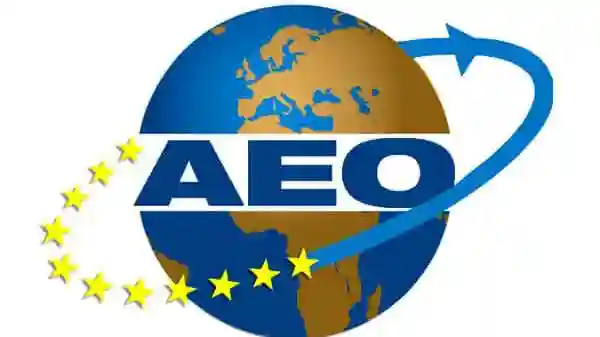The Zimbabwe Revenue Authority (ZIMRA) has announced that Zimbabwe has implemented the Authorized Economic Operator (AEO) programme which is a partnership programme between the customs authority and the economic operators to facilitate the movement of goods across international borders. Reads an article compiled by ZIMRA for information purposes only:
Customs – Business Relationship
In line with international best practices and the Customs and Excise Act [Chapter 23:02] section 216B, Zimbabwe has implemented the Authorized Economic Operator (AEO) programme.
1). Authorized Economic Operator (AEO)
♦ AEO is a programme under the World Customs Organization (WCO) SAFE Framework of Standards to secure and enhance international supply chain security and facilitate the movement of legitimate goods across international borders.
♦ An AEO may be defined as a party involved in the international movement of goods in whatever function that has been approved by or on behalf of a national Customs Administration as complying with WCO or equivalent supply chain security standards. AEO include inter-alia manufacturers, importers, exporters, brokers, carriers, consolidators, intermediaries, ports, airports, terminal operators, integrated operators, warehouses, and distributors. The facility is open to all stakeholders in this supply chain.
1). ZIMRA AEO Programme
♦ Administered by Customs and Excise Division, the AEO Programme is a voluntary programme open to all business entities that participate in the global supply chain.
♦ Business entities that meet pre-determined compliance standards are accredited as AEOs and as such enjoy appropriate facilitation on Customs clearance.
1). Benefits of AEO Programme
♦ Faster movement of cargo through the Border/Port of entry
♦ Simplified Customs formalities
♦ Fewer physical and document-based controls
♦ Reduced demurrage and other related costs
♦ Priority treatment in query resolution
♦ Choice of the place for physical examination
♦ Facilitation for movement of cargo during periods of trade disruptions
♦ Improved relations with ZIMRA
♦ Promotes an AEO accredited entity as a secure and reliable trade partner thereby improving business competitiveness.
♦ Mutual recognition of AEO authorizations between Customs authorities as a long-term benefit.
♦ Provides businesses with internationally recognized security standards.
♦ The opportunity to self-assess allows the entity to have full insight into its operations and business practices, identify and strengthen any security or compliance-related weaknesses
1). Qualification Criteria
Any entity interested in getting benefits of the AEO programme shall apply in writing to the Commissioner of Customs & Excise for accreditation. The entity must meet the following conditions:
♦ Be established in Zimbabwe;
♦ Have an appropriate record of compliance with Customs and other relevant laws;
♦ Have a satisfactory system of managing commercial and, where appropriate, transport records;
♦ Have proven financial solvency; and
♦ Ensure that there is general maintenance of approved security and safety standards at both the entity`s place of operations as well as its business systems and procedures.
1). AEO Application Process
♦ Consultation with nearest ZIMRA office on AEO application procedure
♦ Completion of and submission of a self-assessment questionnaire, application form and other relevant attachments required for the granting of AEO status
♦ Examination of application by ZIMRA
♦ Onsite inspection by ZIMRA
♦ AEO authorization
1). Obligations of an AEO
The AEO is required to;
♦ Keep proper records in terms of Section 223 of the Customs & Excise Act [Chapter 23:02].
♦ Maintain an accounting system which is in accordance with the Generally Accepted Accounting Practices (GAAP) and which facilitates audit-based customs control.
♦ Ensure that its staff members conduct business in accordance with the procedures of the Customs & Excise Act and any other Act administered by ZIMRA or any instructions given by the Commissioner of Customs & Excise.
♦ Ensure a relationship of good faith is maintained by its staff at all times in dealing with the ZIMRA.
♦ Allow ZIMRA officers physical and electronic access to the information and documents as provided in terms of Section 223 of the Customs & Excise Act.
♦ Use compatible E-Systems for Customs procedures and commit to regularly upgrading the systems.
♦ Ensure that its premises are in conformity with the appropriate security and safety standards.

